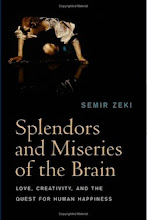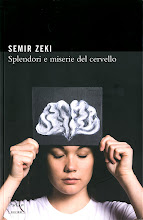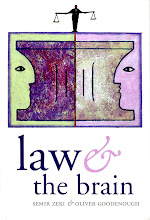This week, The Economist publishes a survey of economists’ views on the economy, especially the American economy.
It is, we are told, “not, by any means a scientific poll of all economists” since only 142 of 683 research associates in economics responded.
The Economist asks, “Does their opinion matter?” and answers it by saying that “economists opinion should count for something because…most of them approach policy decisions in the same way. Their assessment of the [presidential] candidates’ economic plans represents an informed judgment …” I take it they mean that most of them use the same facts and use the same, or similar, brain processes to reach their judgment.
What did they find? Well, here it is:
that “Our respondents generally agree the economy is in bad shape, that the election is important to the course of economic policy and that the housing and financial crisis is the most critical issue facing America”
I would have loved to have heard Charlotte Green read this as a news item on radio.
Popular opinion which, of course, is not usually well informed could not have agreed more with the “informed judgment” of the economists, at least on this occasion.
This morning, on the BBC World Service, two highly eminent economists were interviewed. One of them said that this was the worst, most unprecedented, crisis that America had faced in years, that the short term outlook was miserable…or words to that effect. The other said that all things were marvellous, that far from being a crisis, the present situation created new opportunities for, among other things, “moral hazards”. “Moral Hazards”? Well, I am almost sure that I heard it correctly, but I don’t know what the term means. I am not an economist.
The thing that puzzles me about economic advisers is their sense of certainty – communicated in the assurance with which they utter their opinions. Where does this certainty come from? There must be some neural mechanism which weighs all the evidence and reaches a conclusion. But a conclusion must be subjected, I suppose, to another mechanism, one that weighs the extent to which the conclusion is reliable and the extent to which it must remain in doubt. Let us call this mechanism X. Mechanism X could, in turn, be in one of two broad states: call them C for confidence and D for doubt.
Do you suppose that, given how economic advisors have blown it big time on this occasion (according to object criteria), their factor X was not operational? Or that only the C part of it was operational, while the D part was switched off?
Is factor X inoperative in us all when we, on occasions, are certain of a conclusion that turns out to be seriously wrong? What is it that turns off factor C or D?
Subject for future studies. Meantime, we can all put our own confidence either in economists who say that the picture is rosy or those who say that it is gloomy. Does it much matter? Events seem to take little notice of them.









 Contact us
Contact us